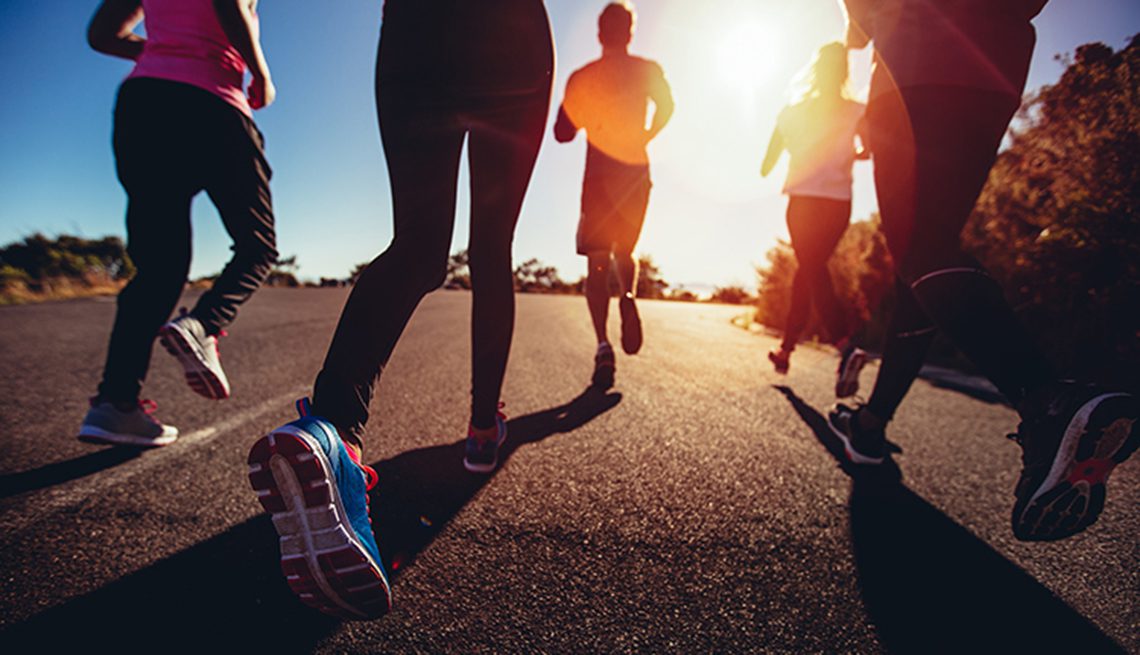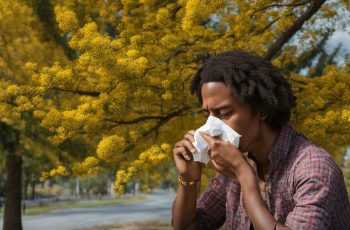
In my 30 years I’ve learned there are two types of people in this world, runners and non-runners.
If you love it, chances are good that the time spent with your favorite sneakers, headphones, and open road is your most cherished.
If you’re like me…you struggle with the idea of pushing through pain running on questionable LA sidewalk terrain whilst narrowly avoiding being hit by passing cars.
Tough proposition if you don’t LOVE to run.
But, according to the findings of new research and in-depth analysis of past research about exercise and premature death, running MAY be the best exercise to increase life expectancy.
Results of the new study found that when compared to non-runners, runners tended to live about three additional years, even if they run slowly or sporadically and smoke, drink or are overweight. No other form of exercise that researchers looked at showed comparable impacts on lifespan.
These findings are consistent with those from a similar study conducted three years ago at the Cooper Institute in Dallas, in which a group of renowned exercise scientists scrutinized data from a large trove of medical and fitness tests. Their findings revealed that as little as five minutes of daily running was associated with prolonged life spans.
According to Duck-chul Lee, a professor of kinesiology at Iowa State University and a co-author of the study, researchers received an onslaught of inquiries from other scientists upon posting their findings.
Among the most common questions were if activities, such as walking, were as beneficial as running for reducing mortality risks.

High-mileage runners were concerned with if they were doing “too much” and if at some undefined number of miles, if exercise might actually be counterproductive and contribute to premature mortality.
And a few inquired if spending the equivalent of a year’s worth of time on the trails or track would increase life expectancy by a year.
Dr. Lee and his colleagues set out to address those and related issues by reanalyzing data from the Cooper Institute and examining results from a number of other large-scale recent studies looking correlations between exercise and mortality.
Cumulatively, the data indicated that running, whatever someone’s pace or mileage, dropped a person’s risk of premature death by almost 40%, a benefit that held true even when adding in factors such as smoking, drinking and a history of health problems such as hypertension or obesity.
Using those numbers, the scientists then concluded that if every non-runner who had been part of the reviewed studies began participating in the sport, there would have been 16% fewer deaths over all, and 25% fewer fatal heart attacks. The main caveat of note is that most participants analyzed in the study were white middle class.
Perhaps most interesting, the researchers calculated that, hour for hour, running statistically returns more time to people’s lives than it consumes. Figuring two hours per week of training, since that was the average reported by runners in the Cooper Institute study, the researchers estimated that a typical runner would spend less than six months actually running over the course of almost 40 years, but could expect an increase in life expectancy of 3.2 years, for a net gain of about 2.8 years.
In concrete terms, an hour of running statistically lengthens life expectancy by seven hours, the researchers report.
Of course, these additions “are not infinite,” Dr. Lee says. Running does not make people immortal. The gains in life expectancy are capped at around three extra years, he says, however much people run.
According to the research, other kinds of exercise also reliably benefited life expectancy, the researchers found, but not to the same degree as running. Walking, cycling and other activities, even if they required the same exertion as running, typically dropped the risk of premature death by about 12%.
Why running should be so uniquely potent against early mortality remains uncertain, Dr. Lee says. But it is likely, he says, that it combats many of the common risk factors for early death, including high blood pressure and extra body fat, especially around the middle.
If you aren’t a runner and are physically able, perhaps now is the time to pick up the sport!
Please share the benefits of running with your friends and family by clicking the button below.
Source: [1]




